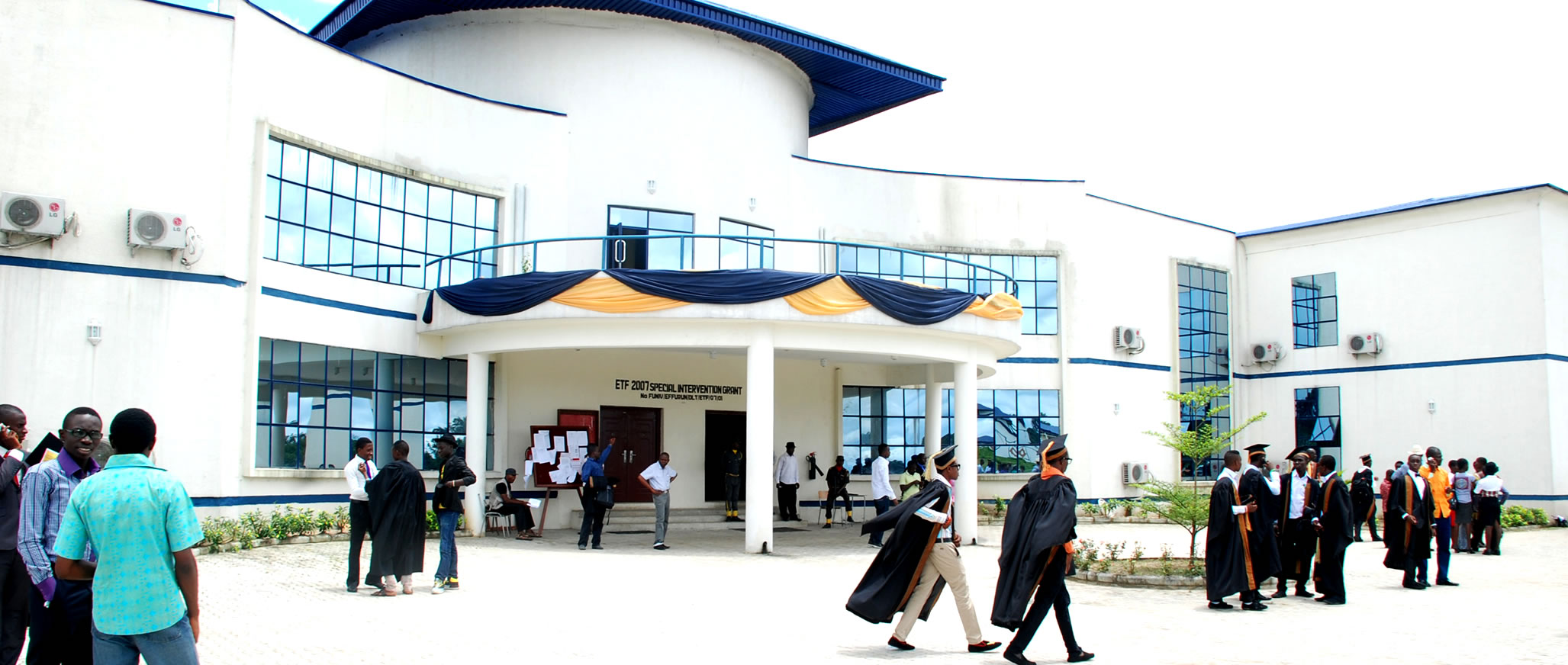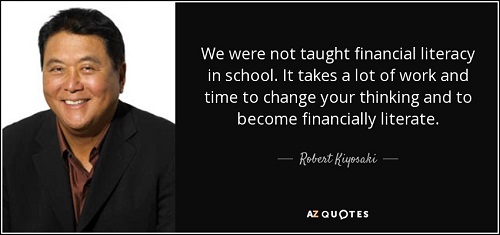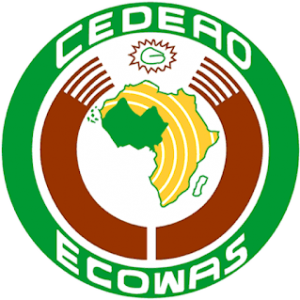Financial Literacy is the ability to understand how money works in the world. How someone earns or makes money? How that person manages it. How? he/she? invests? it? (turns? it? into? more? money) and How that person donates it to help others. Financial literacy means being smart about how you manage money.
FAMOUS QUOTE: “We are not taught financial literacy in school, it takes a lot of work and time to change your thinking and become financially literate“
<Robert Kiyosaki>
MONEY AND VISION
Having a vision brings purpose to making money. Keeping a vision book or vision board reminds you about your vision and guides money spending.
Having a vision also helps you to set? savings goals so that you know how much you need to put away every year in order to? achieve your goal for the future.
Financial Literacy for NEEDS AND WANTS?
Money is spent on needs and wants? Needs are goods and services that are required for life (food, clothing, shelter) things we cannot live without.
Wants are goods or services that are not? necessary but that we desire or wish for.? Things we would like to have but can live? without if we don?t get them
MANAGING MONEY
Having a budget helps you to distinguish? between wants and needs.?Budgeting is creating a plan for how to? spend your money.
Writing down how much you have and how? much the things you NEED will cost allows? you to see what is left over for the things you?WANT.
It also stops you from ?impulse purchases?? and helps you to save!
Financial Literacy and SAVING YOUR MONEY
In order to grow your money you must put aside a portion of what you earn regularly in a safe place that pays interest. This is known as saving.
- The first thing you do when you get paid/ get an? allowance is to put aside your savings
- Avoid expensive items? and live within your? means
- Decide how much to? save each month,? and stick with it
- Ensure that your money? is in a safe place that? pays interest
Financial Literacy and WHY WE SHOULD?SAVE
There are several reasons why we save? money, here are a few of them :
Financial Independence
Unforeseen Expenses
For Accommodation? For Education
Get Out of Debt
For Retirement
Financial Literacy AND SAVING YOUR MONEY
Saving your money in a wallet or money? box at home is a good starting point? Sadly, this method of saving does not
increase your money and is not safe
Financial institutions are regulated by the? Central Bank of Nigeria (CBN) and the? Nigeria Deposit Insurance Corporation? (NDIC) to keep your money safe
You can also invest in stocks which are? regulated by the Nigerian Stock? Exchange
Money? saved? should? be? placed? in? a? financial? institution? for? safekeeping? and to earn interest on your money? Interest is money the bank pays you? for saving your money with them? When you save money in a bank, you? get? an? account? number? which? gives? only you access to your money
This reduces the risk of spending,? theft, and gives your money the chance to grow.
HOW TO MONITOR YOUR SAVINGS
- Mobile phone
- Statements
- Internet? banking
- Email /? Electronic? bank? statements
- Paper Bank
- Statements
In order to ensure the safety of your money, be careful not to disclose confidential information the bank has given you for access to your money such as: Bank Verification Number (BVN)? Financial Literacy (ATM) Pin Code Internet banking password Account Number.
The earlier you can start? saving, the easier it will be for you in the future, Not only will it help you? become financially? responsible, but saving? right now can make you? financially stable
- You earn money by working
- Examples of work are:
Teacher? Lawyer? Doctor? Police Officer? Mechanic? Bus Driver? Engineer? Cook? Carpenter? Entrepreneur
- Have you ever worked before and earned money?
- You can boost your income potential by:Staying in school and working hard to maintain excellent? results that make you more attractive to high-paying? employers
- Learning a skill that a lot of employers want (e.g., IT skills)
- Receiving entrepreneurial training to help you start your o? business
- Tutoring people who want to learn the skills you have? Investing money in people that have great ideas for business
SAVINGS ACTIVITY
Now that you know all about earning and saving, it is time to make a savings plan for yourself!
Step 1 -Decide on a savings goal
Step 2 – Make it SMART
- Specific – give yourself a specific goal to save e.g ?I?d like to save enough money to buy XYZ or pay for university or deposit in a bank account”
- Measurable ? How much money will you save?
- Action-oriented ? How much will you save per day? Where will you keep the savings? Do you need to buy a piggy bank?
- Realistic ? No need to say you will save one million naira if you know you get 100Naira
allowance a month!
- Time-Bound ? How much by When? Set yourself a target to reach by a specific date
Step 3 – Get help from a financial mentor? if you need one…
REMEMBER….
- To become financially independent, you must:
Learn as much as you can about financial literacy and your? economic rights and responsibilities
Save as much as you can by setting savings goals and sticking? to them
Earn as much as you can by working hard to maintain good? grades and developing skills in high demand by present and? future employers/clients
- Find and learn from financial mentors
- There is dignity in hard work ? stay away from get-rich-quick schemes
- Be a responsible citizen and share your wealth with the less privileged.
I trust you have a rethink about how best you can make good savings with the help of this post,
we await your kind comments, suggestions and questions in this regards.



















